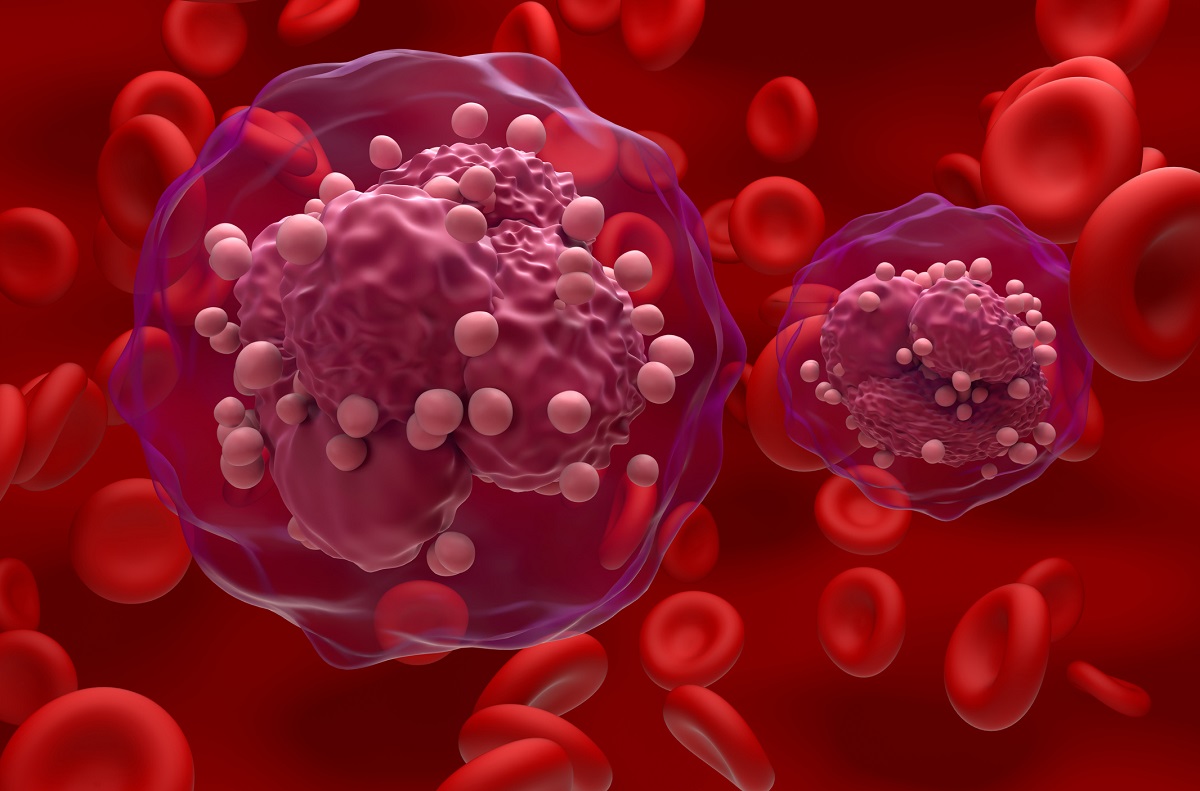KEY TAKEAWAYS
- The study aimed to investigate the pharmacokinetics of PEGasparaginase in infants with newly diagnosed ALL to determine optimal dosing strategies.
- Researchers noticed that infants with ALL respond, like older children, to PEGasparaginase.
PEGasparaginase is known to be a critical drug for treating pediatric acute lymphoblastic leukemia (ALL); however, there is insufficient evidence to determine the optimal dose for infants who are less than one year of age at diagnosis.
Leiah J Brigitha and the team aimed to identify the pharmacokinetics of PEGasparaginase in infants with newly diagnosed ALL and gather insight into the clearance and dosing of this population.
They performed an inclusive analysis by including infants with ALL who received treatment with PEGasparaginase in a population pharmacokinetic assessment utilizing non-linear mixed effects modeling (NONMEM).
About 68 infants with ALL, contributing to a total of 388 asparaginase activity samples, were included in the study. PEGasparaginase doses varied from 400 to 3,663 IU/m2 and were administered intravenously or intramuscularly. Utilizing a one-compartment model with time-dependent clearance, modeled via a transit model, they found the best fit for the data.
Body weight demonstrated a significant correlation with both clearance and volume of distribution. The final model estimated a half-life of 11.7 days immediately post-administration, decreasing to 1.8 days after 14 days. Notably, clearance during post-induction treatment was 19.5% lower compared to the induction phase.
The study concluded that the pharmacokinetics of PEGasparaginase in infants diagnosed under one year of age with ALL closely resemble those of older children (1-18 years). Based on this finding, a recommended dosing regimen of 1,500 IU/m2 for infants without age-based dose adjustments is suggested. Furthermore, the implementation of therapeutic drug monitoring as standard practice is recommended to ensure optimal treatment outcomes.
The study was sponsored by the Cancer Plan Action 29 from the Belgian Federal Public Service of Health; the Flemisch League Against Cancer, vzw Kinderkankerfonds, and the Clinical Research Fund of the Ghent University Hospital.
Source: https://pubmed.ncbi.nlm.nih.gov/38538970/
Brigitha LJ, Mondelaers V, Liu Y, et al. (2024). “Pharmacokinetics of PEGasparaginase in Infants with Acute Lymphoblastic Leukemia.” Pharm Res. 2024 Apr;41(4):711-720. doi: 10.1007/s11095-024-03693-3. Epub 2024 Mar 27. PMID: 38538970.



